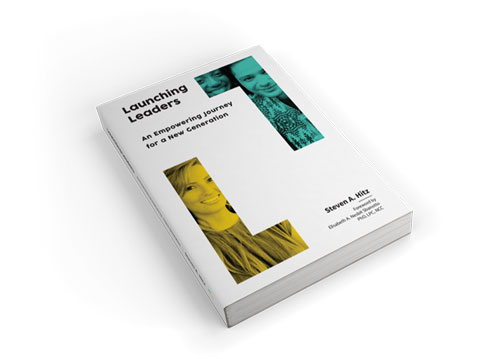In part one of this blog post I discussed the differences between spirituality and religion – especially for the Millennial generation. Here in part two, I’ll give you ideas on how to bring more unity between the two.
Bridging the gap: Every religion came about by spirituality—that is to say that the formation of religion was the result of a spiritual catalyst or yearning; often through an interpretation of personal prayer. Being religious or spiritual is not a mutually exclusive event; it’s not an either or situation, or as I like to say “a suckers choice.” In fact, as the two are melded together, the experience with the Divine can be even more satisfying.
As every religion seeks to add to the spirituality of its parishioners, and as every spiritual person seeks ways to practice faith (personally or institutionally), I propose we bridge the gap in an effort to embrace faith and not divide it. For Millennials, they love inclusion and not exclusion, so let me suggest 5 ways to create more spirituality from religion, and also to create better religiosity from spirituality.
- Make clear the mysteries. While rituals don’t have answers to every practice, worship becomes more meaningful when there is more understanding than mystery. An example might be explaining the meaning behind ritualistic prayers or communion.
- Make spirituality a central theme. Encourage everyone to grow the heart and mind. Make the experience of finding the Divine an exercise in both study and meditation. Knowing that every religion stems from a spiritual experience, center the worship experience in a spiritual theme—doing so will enhance and enliven the overall experience of connectivity to the Divine.
- Allow a space for faith. A religion ought not to change its dogma or belief systems to be “one size fits all,” nor should the parishioners be asked to just accept without personal discovery the “truths” being offered up. If a space for faith—an appreciation for the uniqueness of each aspect of worship can be established, then this dynamic can be a multiplier of faith, not a divider.
- Don’t Judge the deepness of the well. Many who seek spirituality want to find deeper personal meaning in the Divine experience. For many, the ritualistic aspects of religion add to the experience, for others perhaps not so much. Whatever the personal experience, it will be best to not judge the deepness of one’s spiritual depth; but rather, appreciate the beauty of it. I grew up going to church, but never experienced the ritual of incense being wafted throughout the cathedral or chapel. Just this past year, a priest explained the meaning behind the practice and taught my friend and I how to “administer” the practice. Finding the meaning behind the ritual deepened the spiritual experience, and added to both the religious and spiritual sides of worship. Allow parishioners to plumb the depths of spiritual understanding to their delight, without judging the depth by comparison to any other worshipper.
- Connect the human with the divine. In part one of this blog post, the quote from Fr. Anand Muttungal suggested that religiosity is human and spirituality is Divine. That is to say (I believe) that we are all humans, seeking the Divine experience in our worship. If prayer and meditation are key to our spiritual experience as humans in making a connection to the Divine, (which 40 percent of Millennials value highly); then let’s make this and other such embraced practices a deeper focus in our worship experience.
Religion and spirituality SHOULD be united and not mutually exclusive. Unification needs to be a thoughtful process without an agenda. Pastors or spiritual leaders should not have an agenda of getting Millennials to attend church, any more that Millennials should not have an agenda to disregard anything religious. True and holistic worship requires UNION and not DIVISION. Through this UNION, the desired results for both the religious and spiritual will be realized.






